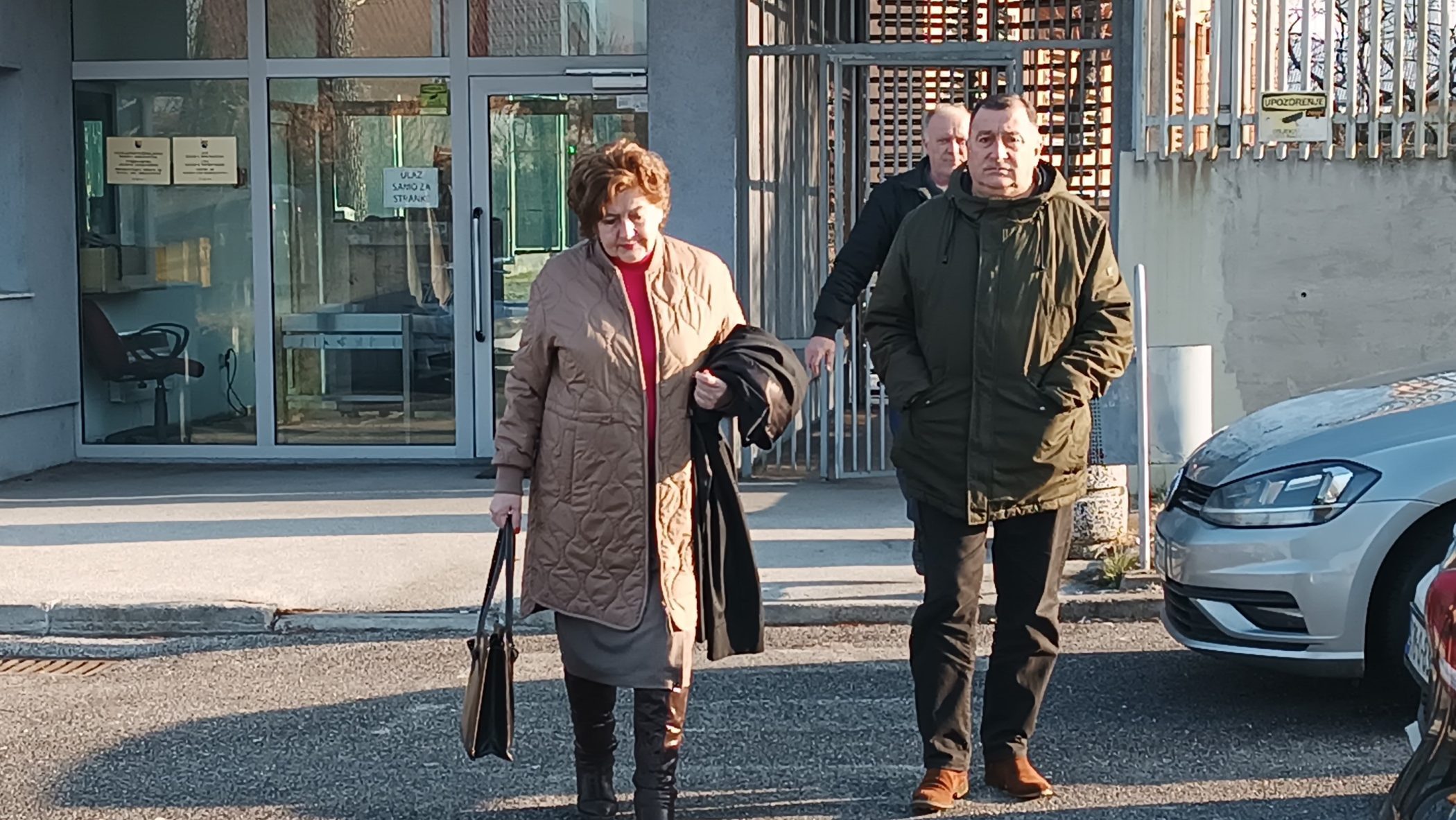This post is also available in: Bosnian
Following the presentation of the closing statements the Chamber scheduled the pronouncement of the verdict for four former members of the Bosnian Serb army for June 15.
The defence argued that Goronja could not be sentenced for taking part in a genocide, considering that a certain degree of intention was needed for such a crime, adding that “the Prosecution of Bosnia and Herzegovina has not proved it in this case”.
Petko Pavlovic, defence attorney, said that during the course of the trial Goronja did not express his regret about the killings at the Baranjevo farm in words, but his remorse is evident through his bad mental state and his depression.
Goronja is charged, along with Franc Kos, Stanko Kojic and Vlastimir Golijan, with having participated in the murder of more than 800 men and boys at the Branjevo farm, near the town of Zvornik in eastern Bosnia on July 16, 1995.
According to the indictment, Kos was the commander of the First Platoon of the 10th Sabotage Unit of the Bosnian Serb army, while Kojic, Golijan and Goronja were members of the unit.
In its closing statement Goronja’s defence said that many pieces of evidence were not relevant for the case, adding that some of the presented evidence could be relevant only at trials of high-level officials.
“Zoran Goronja was an ordinary soldier, who was obliged to execute orders issued by his superiors. The only conclusion one can make is that Goronja had the intention to survive. The general context can be important at a trial of high-level officials,” Pavlovic said.
The defence analysed the status of the captives at the Branjevo farm, as well as the statement given by witness Z-1, saying that it was not authentic.
“My client understood that prisoners of war were held at Branjevo. He shot at people, thinking that they were prisoners of war. When he realized that it was wrong, he tried to flee, but he was sent back,” said Pavlovic.
The defence pointed out that Goronja “tried to flee from Branjevo twice”.
The prosecution previously asked the court to find all four defendants guilty of genocide and sentence them to a total of 115 years in prison. The defences of Kos, Kojic and Golijan admitted that the defendants took part in killings, but denied it was done with a genocidal plan.




